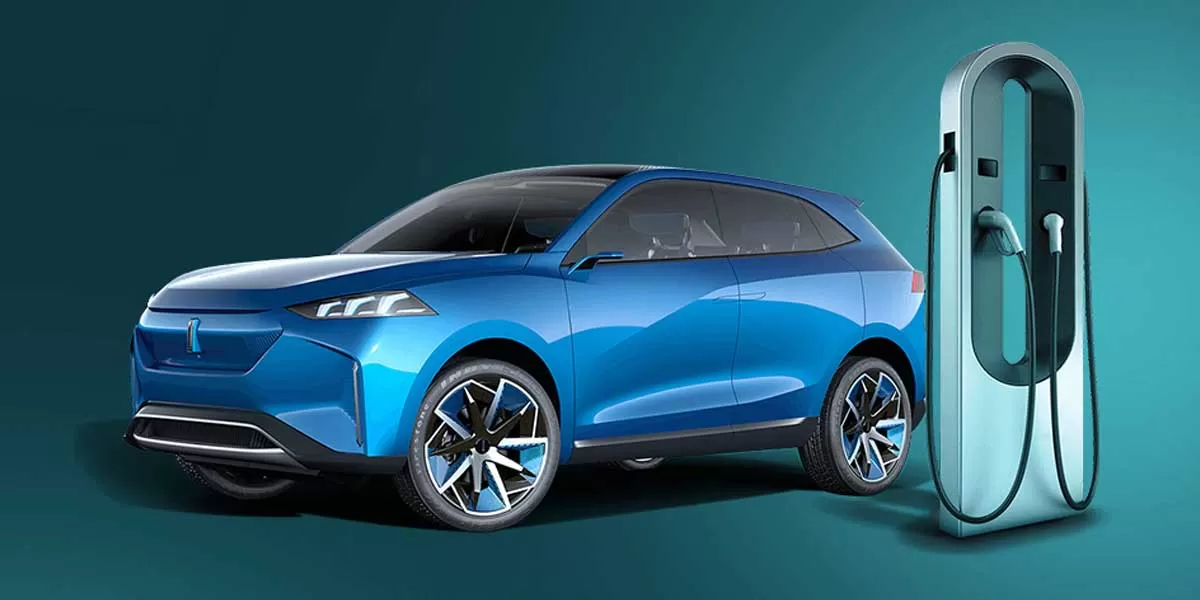
New energy vehicles to gain acceptance by 2030: Survey

Jharkhand to Allot 181 Flats via Online Lottery in February
The Jharkhand State Housing Board (JSHB) will allot 181 houses and flats through an online lottery system starting February. The process will be held for the first time entirely online, and interested applicants can apply from February 10 to March 10 via the JSHB's official website. Properties will be available under different categories, with the allotment based on a 90-year lease. Categories include Economically Weaker Section (EWS), Lower Income Group (LIG), Middle Income Group (MIG), and Higher Income Group (HIG), with varying sizes of houses and prices. For EWS, houses will have a super b..

UP Cabinet Okays Municipal Bonds for Infrastructure
In a significant move aimed at bolstering infrastructure development in Uttar Pradesh, the state Cabinet approved the issuance of municipal bonds for the cities of Prayagraj, Varanasi, and Agra. The decision was made during a cabinet meeting chaired by Chief Minister Yogi Adityanath, which took place in the Maha Kumbh Mela area in Prayagraj. The new initiative will see the issuance of municipal bonds, enabling these cities to raise funds from the market for infrastructure projects. For every billion raised through these bonds, the state government will provide an additional Rs 130 million as ..

Haryana Proposes New Policy on Tree Felling
The Haryana government has proposed a new policy on tree felling across non-forest land, which would remove the requirement for approval in urban areas on plots allocated by government bodies for residential, industrial, or infrastructure development. Currently, the forest department’s consent is mandatory for tree felling. The proposed policy seeks to replace all previous directives on tree felling outside forest areas, including those areas notified under Section 3 of the Punjab Land Preservation Act (PLPA), 1900. A committee is set to be formed to finalize the policy and revise compensat..














